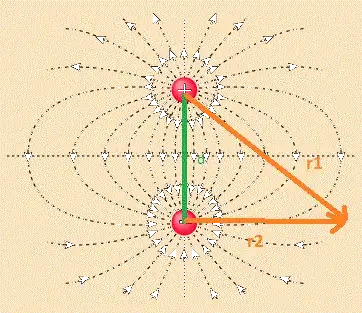It is well known fundamental behaviour that, oppositely charged bodies attract each other (I don't know whether it applies also for charges of equal magnitude or not), and identical charges repel each other.
It is also well known that, a system of oppositely charged bodies with equal charge in magnitude, has zero net charge.
If a system has oppositely charged bodies, with equal charge in magnitude, it would imply that, there will be zero net charge, and the vector field's had got cancelled each other, like around a current carrying conductor, there is no electric field because, charge on current carrying conductor is zero, as one electron enters the conductor, the other will be leaving the conductor. Now, if there is no field, how could the oppositely charged bodies (of equal charge in magnitude) attract each other, they should not feel any force, isn't?.
Taking into account all the above statements, would it imply that, two oppositely charged bodies (of equal charge in magnitude) attract each other?
[All statements made, are up to my view. Any correction advisory is welcome]
LINKS
- What are the fields produced around a current carrying conductor? (Provides an idea of whether, there exists a electric field around a neutral body or not, like the current carrying conductor)
